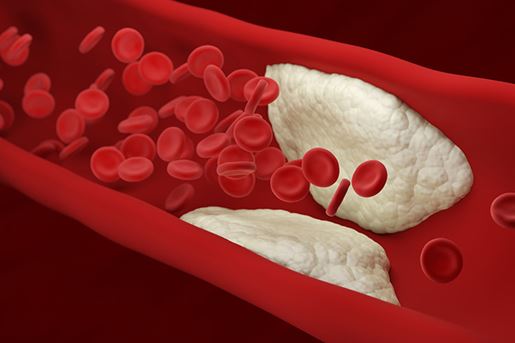Lipoprotein(a): A Genetically Determined, Causal, and Prevalent Risk Factor for Atherosclerotic Cardiovascular Disease
Published: October 14, 2021

- High levels of lipoprotein(a) [Lp(a)], a unique apoB100 (apoB)-containing lipoprotein, are an independent and causal risk factor for atherosclerotic cardiovascular diseases (ASCVD) through mechanisms associated with increased atherogenesis, inflammation, and thrombosis.
- This scientific statement highlights the history, biology, pathophysiology, and emerging clinical evidence in the Lp(a) field. Key knowledge gaps and future directions required to mitigate the ASCVD risk attributable to elevated Lp(a) levels are addressed.
- The overall goal of this scientific statement is to provide a rationale for targeted research efforts that can provide clinical direction for risk reduction of ASCVD, encourage appropriate screening strategies, and to highlight the need for further studies of Lp(a) biology.